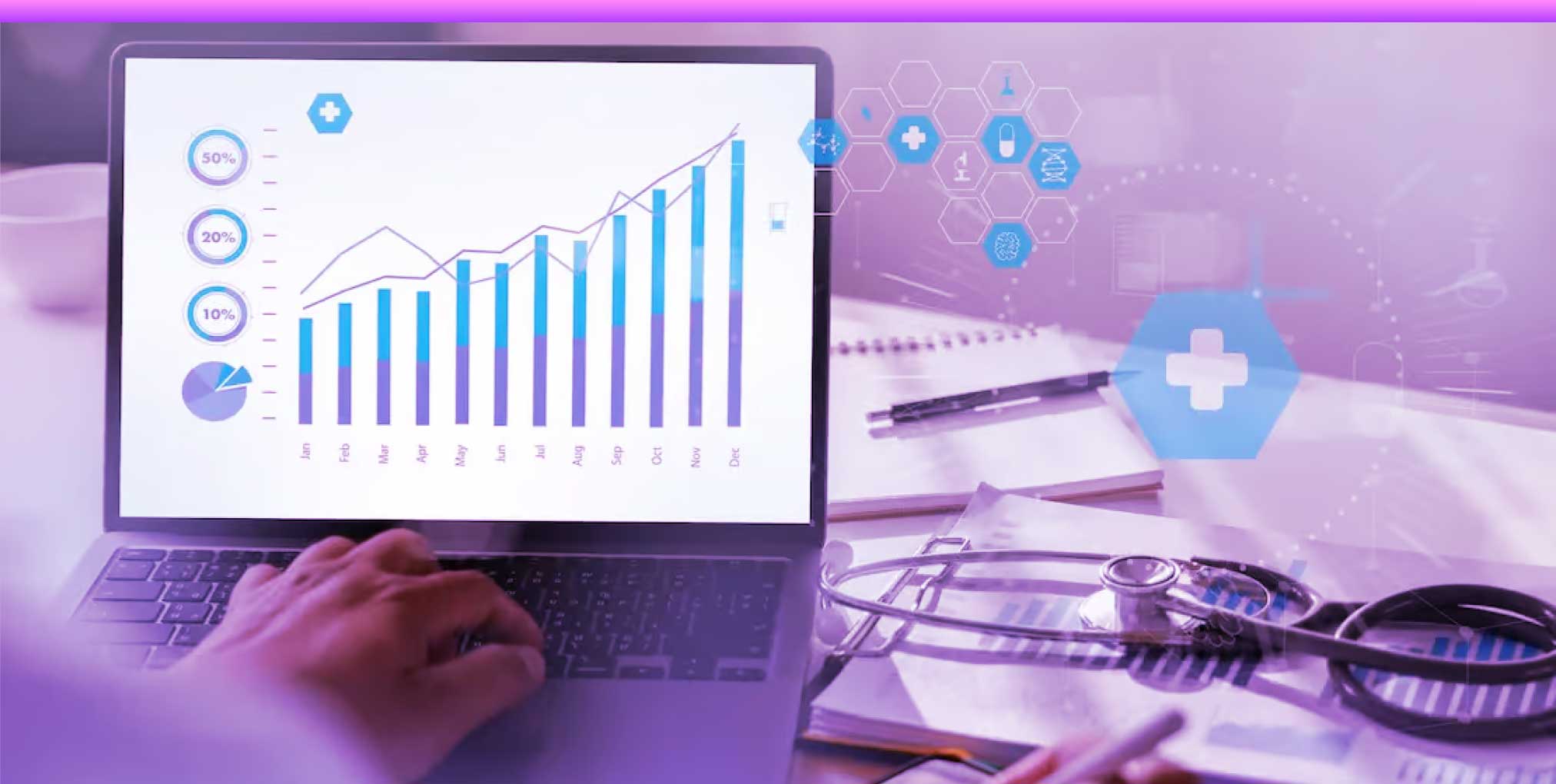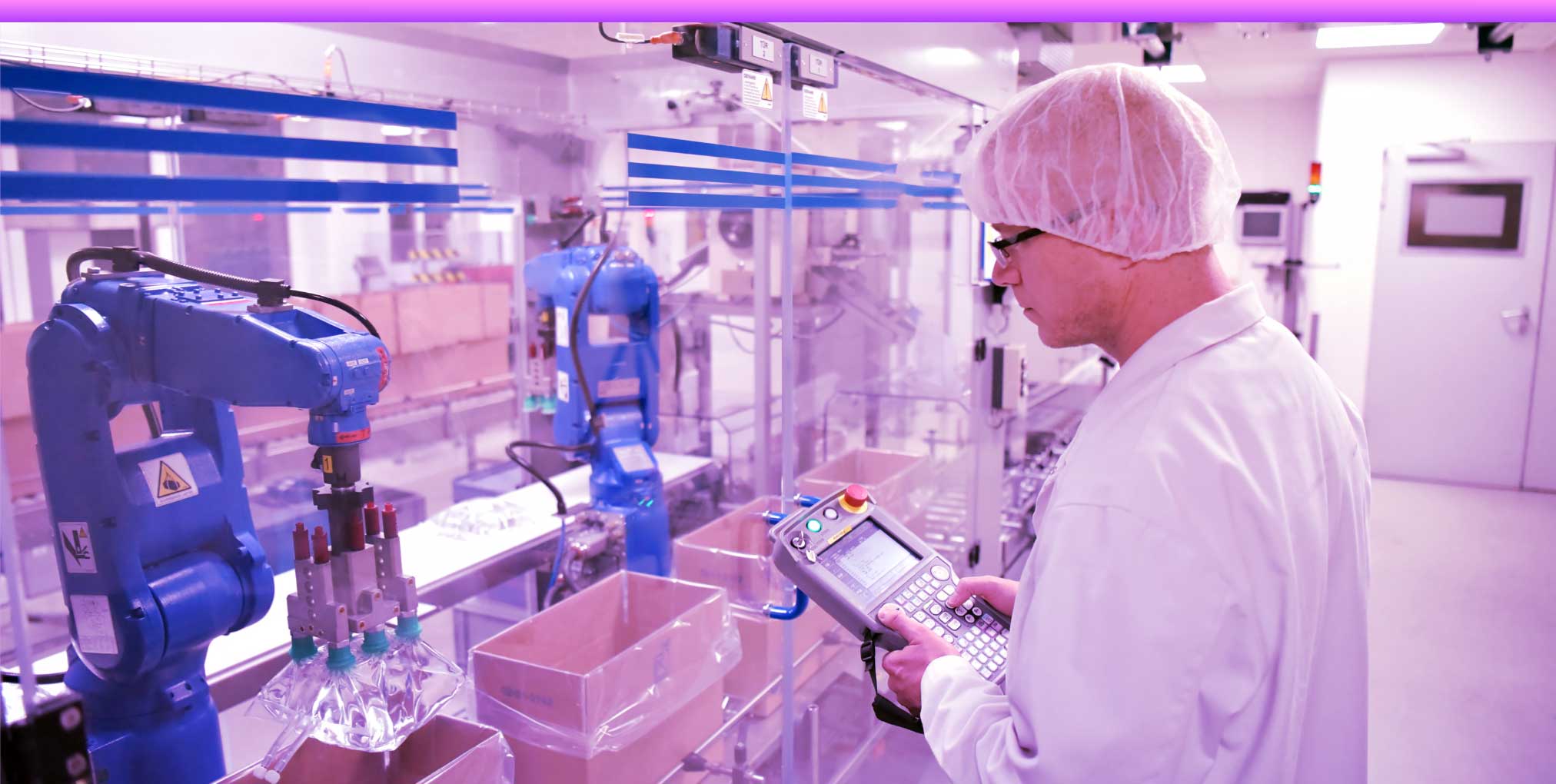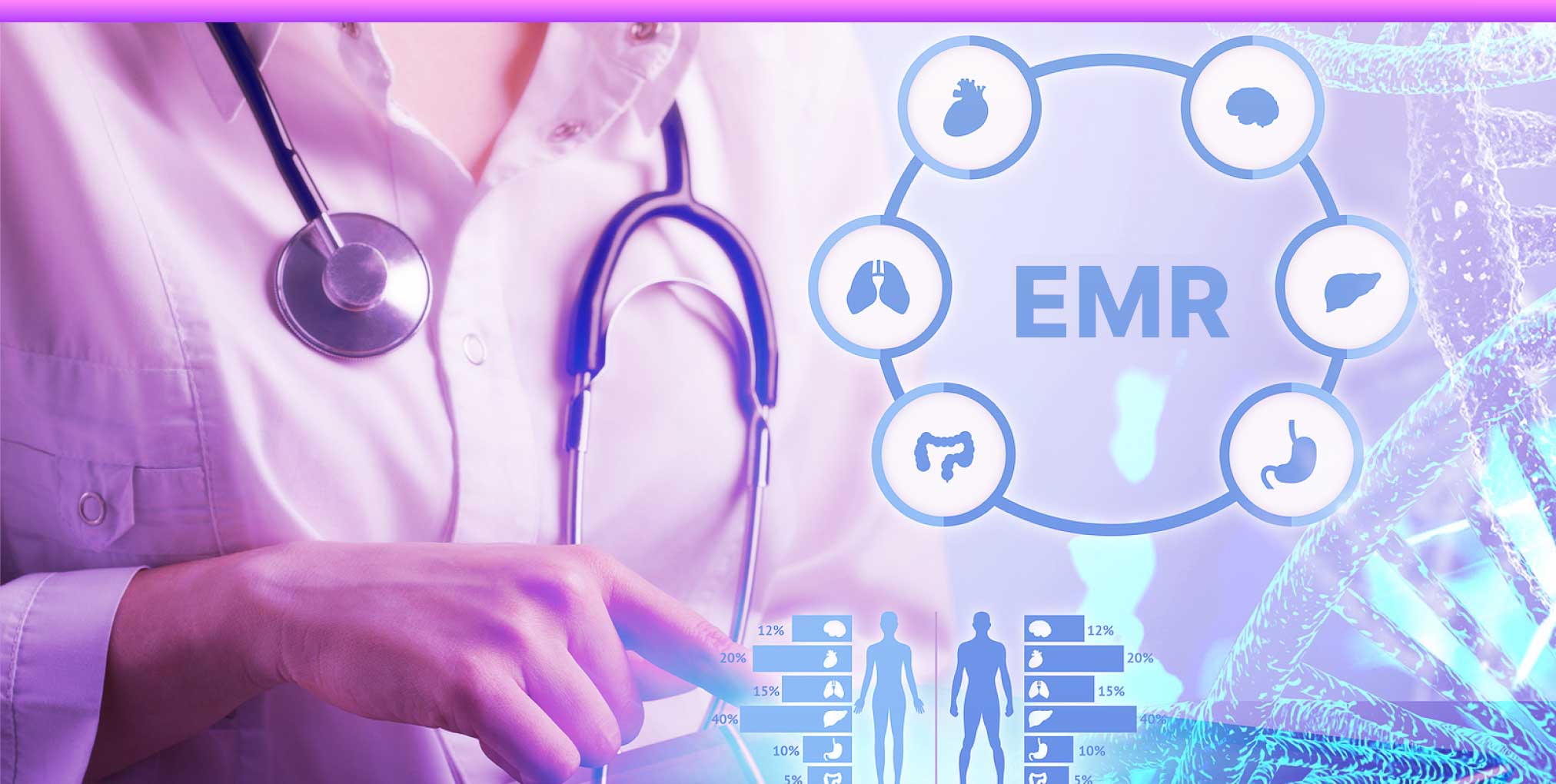

October 18, 2023
How to use AI in healthcare?
The rise of Artificial Intelligence (AI) has brought about significant changes in many industries. Healthcare, in particular, has witnessed a remarkable transformation due to AI’s influence. This article is your compass in exploring How to use AI in healthcare. It covers aspects such as diagnostics, treatment, telemedicine, and more. So, let’s dive in and understand the practical applications of AI in healthcare.
6 Ways How to use AI in healthcare

1: AI Supports Medical Imaging Analysis
Medical imaging is a cornerstone of modern healthcare. AI in healthtech has emerged as a powerful ally for healthcare professionals. It helps them in diagnosing and treating patients more effectively. AI-powered algorithms can swiftly analyze complex medical images, such as X-rays, MRIs, and CT scans. This enables healthcare providers to detect anomalies, subtle patterns, and potential health issues accurately and quickly.
The advantages of AI in medical imaging analysis are numerous:
- It reduces the chances of human error
- Enhances the efficiency of radiologists
- Speeds us the diagnostic process.
Moreover, it is critical in early disease detection, allowing for timely interventions and improved patient outcomes. As AI continues to evolve, its applications in medical imaging will redefine diagnostic capabilities in healthcare.
Clinical studies generate a lot of data and images that need careful inspection. AI algorithms can quickly analyze these datasets and compare them with other studies to find hidden patterns. This makes it easier for medical imaging professionals to access important information faster.
Read More: Top 5 Challenges of Implementing AI in Healthcare
2: Virtual Nursing Assistants
When exploring AI in healthcare examples, virtual nursing assistants emerge as a promising innovation. These digital counterparts to human nurses are designed to provide various services. They include monitoring patients’ vital signs, offering medication reminders, and answering health-related queries.
The potential impact of virtual nursing assistants in healthcare is substantial. Notably, integrating virtual nursing assistants could result in annual savings of $20 billion for the healthcare industry.
These AI-driven assistants can enhance patient care by:
- Offering continuous support
- Reducing the workload on human nursing staff
- Improving overall efficiency in healthcare facilities.
Virtual nursing assistants can reach a broad spectrum of patients. It ensures that those with chronic conditions or specific healthcare needs can receive ongoing attention and guidance. This benefits patients and also contributes significantly to cost savings for healthcare providers.
3: Decreasing the Cost of Medicine Development
One of the notable impacts of AI in healthtech is the potential to reduce the cost of developing new medicines. Pharmaceutical research and development are traditionally expensive and time-consuming endeavors. However, with the integration of AI, this process is becoming more streamlined and cost-effective.
AI-driven technologies can analyze vast datasets, predict potential drug candidates, and optimize clinical trial designs. AI can save pharmaceutical companies substantial resources by identifying promising drug candidates and assessing their safety and efficacy. This, in turn, leads to more affordable medicines and faster delivery of innovative treatments to patients in need.
Furthermore, AI can accelerate drug discovery by identifying potential side effects early on. It reduces the risk of expensive setbacks in the later stages of development. The result is a more efficient and cost-effective approach to bringing new medicines to the market.
4: Telemedicine and Remote Patient Monitoring
Telemedicine is a transformative force in modern healthcare. It uses artificial intelligence to bridge geographical gaps and provide medical services to individuals in remote areas. It enhances the accessibility and reach of healthcare services.
Through telemedicine, healthcare professionals can conduct remote consultations, diagnosing and treating patients without needing in-person visits. This saves time and resources and addresses the critical issue of healthcare access in rural or isolated regions.
Furthermore, AI has opened the door to continuous patient monitoring. It significantly impacts the management of chronic diseases. Devices equipped with AI algorithms can collect and analyze real-time data on patients’ heart rate, blood pressure, and glucose levels. This data enables healthcare providers to intervene promptly if any concerning changes occur.
AI development companies play a pivotal role in creating the technologies that power telemedicine and remote patient monitoring. These companies design and refine the AI-driven platforms that healthcare providers use to offer remote consultations.

5: Administrative Efficiency
How to use AI in healthcare extends far beyond clinical applications. AI also serves as a transformative tool for enhancing administrative efficiency within healthcare systems. AI in healthcare excels at automating various administrative tasks that have traditionally been time-consuming and resource-intensive.
One of the key areas where AI has made a significant impact is appointment scheduling. AI-powered scheduling systems can:
- Intelligently manage appointment bookings
- Optimize time slots
- Ensure proper allocation of resources
- Reduces scheduling conflicts.
This aspect streamlines the patient experience and enhances the operational efficiency of healthcare facilities.
Moreover, AI’s involvement in healthcare extends to billing and insurance claims. It can accurately analyze medical codes and insurance policies, resulting in faster claims processing. This, in turn, reduces delays in reimbursements and minimizes claim rejections.
Integrating AI in administrative tasks also helps manage patient records, inventory control, and resource allocation. By automating these functions, AI frees healthcare providers to focus on patient care and improves the quality of healthcare services.
Read More: Top 7 Medical Advantages of AI in Healthcare
6: Predictive Analytics
Predictive analytics enables healthcare professionals and institutions to anticipate and plan for critical scenarios, from disease outbreaks to patient readmissions. Hospitals can take proactive measures in planning and resource allocation by using AI’s predictive power. This leads to more effective and efficient healthcare management.
AI’s predictive analytics in healthcare starts by analyzing vast datasets. This includes a variety of healthcare information, such as patient records, medical history, demographics, and environmental data. Through advanced algorithms, AI can detect subtle patterns and associations that human observation can miss.
This analytical power is valuable when forecasting disease outbreaks, as AI can identify early indicators and risk factors. Before-time detection allows healthcare providers to implement preventive measures and prepare for potential surges in patient admissions.
Predictive analytics in healthcare extends its benefits to managing patient readmissions, a critical concern for healthcare institutions. AI can analyze patient data to identify those at higher risk of returning to the hospital shortly after discharge. By doing so, healthcare providers can tailor post-discharge care plans, ensuring patients receive the necessary follow-up care.
Conclusion
This blog was a guide on how to use AI in healthcare, and the results are truly transformative. Artificial Intelligence has brought about significant changes in healthcare. It greatly improves patient care, treatment approaches, and administrative tasks.
The impact of AI in healthcare is most apparent in its capacity to improve patient outcomes. Through advanced diagnostics and predictive analytics, AI has placed powerful tools in the hands of healthcare professionals. The result is faster and more accurate diagnoses and enhanced patient well-being.
Xeven Solutions is an innovative AI development company specializing in the healthcare sector. Their software solutions use AI to enhance patient care and improve diagnostics. With a commitment to advancing healthcare through technology, Xeven Solutions is at the forefront of medical AI innovation.
While challenges persist, AI’s potential benefits in healthtech are too significant to ignore. As this technology continues to advance, we can anticipate a future where healthcare is better, more efficient, and accessible for all.








